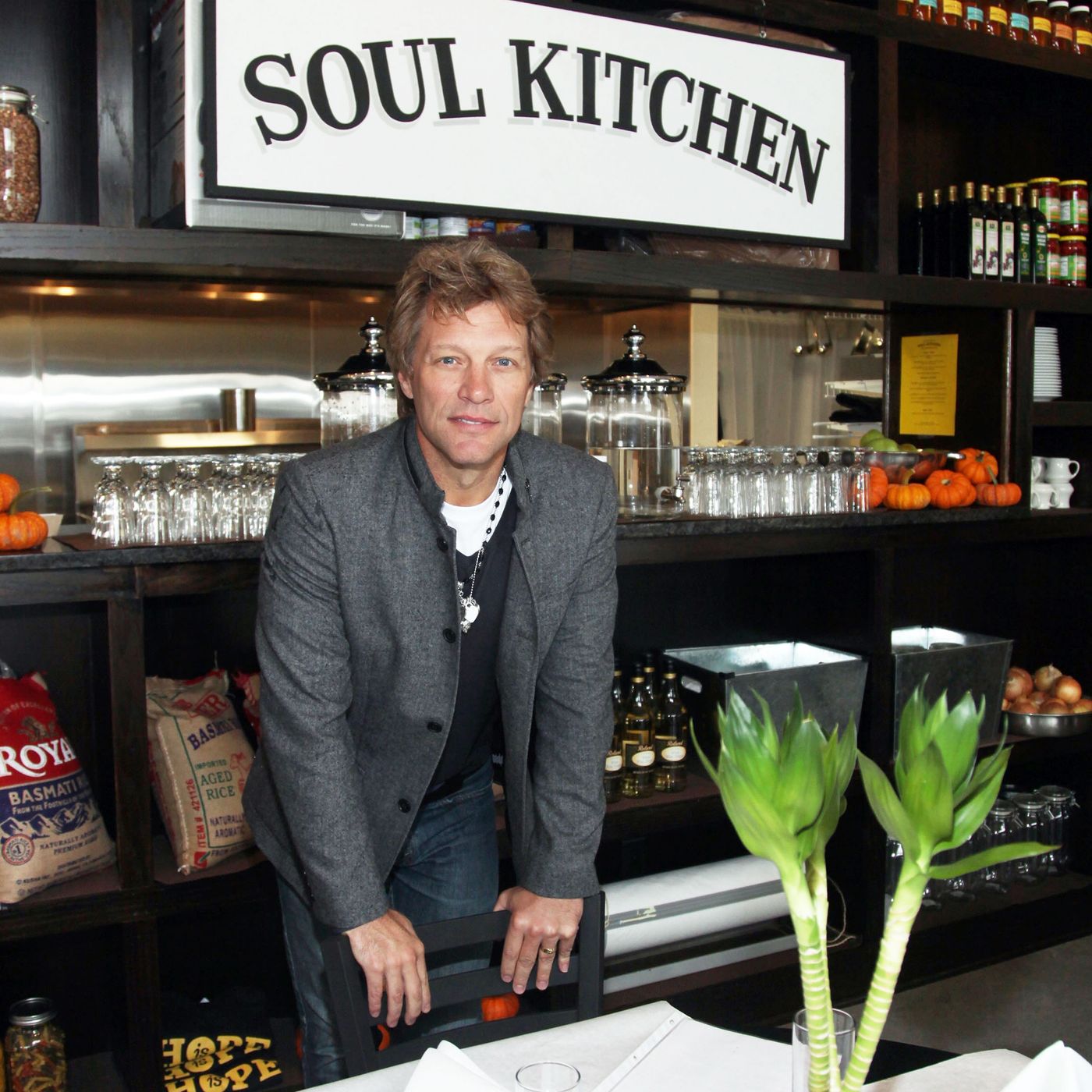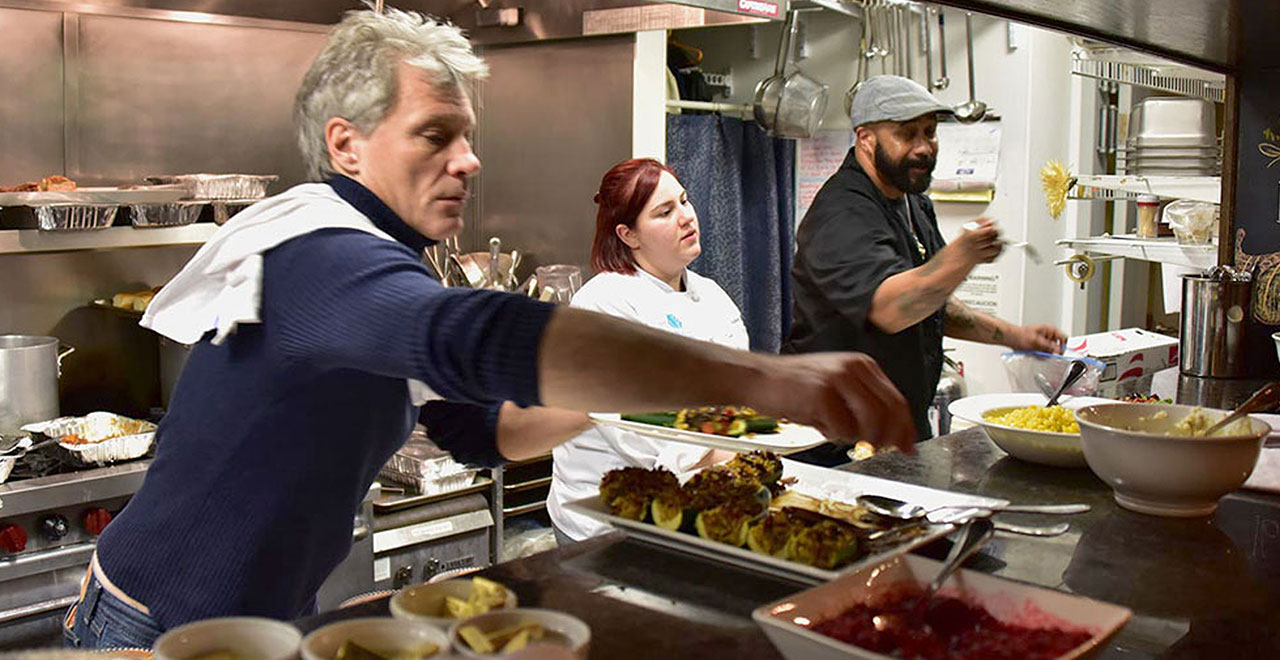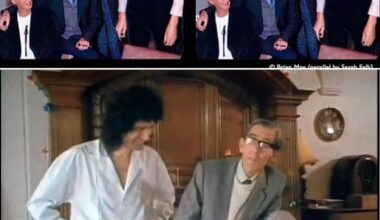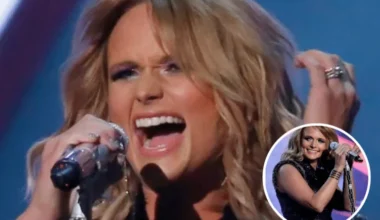While millions know Jon Bon Jovi as the legendary frontman of Bon Jovi, a rock icon whose voice has defined generations, fewer may realize that his heart beats just as powerfully off stage. In recent years, Bon Jovi has taken his passion for music and transformed it into a passion for service, becoming a tireless advocate for food justice and community support through his nonprofit venture—the JBJ Soul Kitchen.

Founded by the Jon Bon Jovi Soul Foundation, the JBJ Soul Kitchen community restaurants operate on a simple yet profound principle: everyone deserves a seat at the table. These non-profit eateries were designed not just to feed the hungry, but to nourish dignity, restore hope, and build a stronger sense of togetherness. At Soul Kitchen, guests are encouraged to pay a suggested donation for their meals. Those who cannot afford to do so are invited to volunteer their time—whether that means helping with dishes, wiping down tables, or assisting in the garden—in exchange for a fresh, nutritious meal.
It’s a pay-it-forward system that transcends charity. It’s about empowerment, not handouts.
But what truly sets Bon Jovi apart is his deep, personal involvement. He doesn’t just lend his name or financial backing; he shows up. Whether it’s cooking in the kitchen, cleaning up after a meal, or chatting with guests, Bon Jovi is often on-site, shoulder to shoulder with staff and volunteers. His presence sends a powerful message: this isn’t a celebrity vanity project. It’s a mission fueled by authenticity and purpose.

“Nothing is as important as passion. No matter what you want to do with your life, be passionate,” Bon Jovi once said in an interview—a quote that seems to echo through every detail of the Soul Kitchen initiative. For him, passion isn’t confined to music—it’s a way of life. From the stadium to the soup line, he brings the same energy and heart to every endeavor.
The impact of JBJ Soul Kitchen is tangible. With multiple locations, including in Red Bank and Toms River, New Jersey, the restaurants have served tens of thousands of meals to those in need, especially during crises like the COVID-19 pandemic. During that time, the foundation shifted gears quickly, offering takeout meals to local families and first responders, showing a nimbleness and commitment that spoke volumes.
Moreover, the JBJ Soul Foundation has expanded its reach beyond food insecurity, contributing to affordable housing projects, youth support programs, and veteran services. It’s a holistic approach to community development—one that mirrors the layered, emotionally resonant music Bon Jovi has long been known for.
In an era when celebrity philanthropy often feels distant or performative, Jon Bon Jovi’s work stands out for its humility and humanity. He’s not just changing lives—he’s redefining what it means to lead with heart.
Because in the end, whether it’s a sold-out arena or a small community kitchen, Jon Bon Jovi is still doing what he’s always done best: bringing people together—with passion, purpose, and soul.





